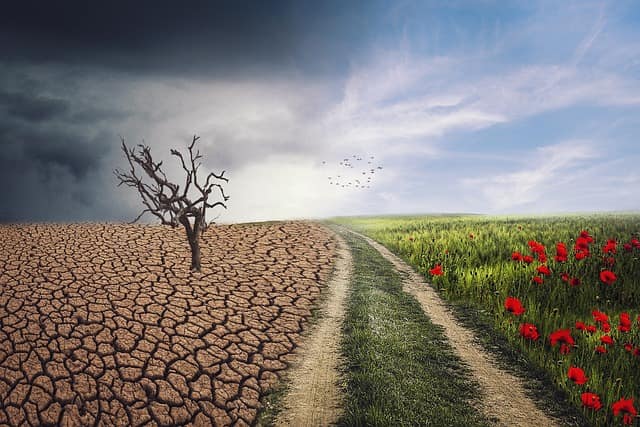
In this blog, you will find my top 10 eco apps that help me (and hopefully you) to live environmentally friendly. It has never been more important that we all make more environmentally friendly choices.
But it has also never been easier to make environmentally friendly choices. There is help from all sides. For example, you can learn how to make your own apps or through these environmentally friendly apps!
My phone
All the apps I share below are on my iPhone 11 (128 GB). My iPhone is an important part of my job: I take pictures with it for blogs and social media, I edit my photos on my phone and I spend a lot of hours talking to you about green life and motherhood, via my DMs on Instagram. I turned off my work email on my phone during the corona crisis, because it distracted me from homeschooling, but otherwise, my phone is indispensable for my work. Furthermore, of course, I shoot 40,000 photos of my girls with this thing, I app my mom and I listen to (a lot of) music with it. I have a Macbook, so all the photos are synced, and everything is automatically saved to my iCloud. If you want to know how to use your Smartphone and computers in as environmentally friendly as possible, read this blog later. There are about 80 apps on my phone, some of which help me to make environmentally friendly choices or to stay inspired for a green life.
Ecosia
Instead of Google, I use Ecosia as much as possible, on my phone and on my Macbook. Searches take a huge amount of energy because search engines need energy-guzzling servers. Ecosia plants trees for the searches you do (about 45 searches are 1 tree – I’m on my 6th tree since using it) and is therefore number 1 on this list of eco-friendly apps.
Marketplace and Recycling app
Every time you buy something new, it costs raw materials, energy for production, packaging materials, and energy for transport. New items are a huge burden on the environment. That’s why I try to buy second-hand as much as possible. I really don’t do that perfectly yet, but I’m doing my best. The Marketplace app helps me with this: I have a dozen saved searches, which gives me notifications when my favorite brands or products we need are offered second-hand. I use the Thrift App to find thrift stores nearby. In thrift stores, I find most clothes for girls, accessories for the house, and sometimes furniture.
Milieu Centraal
I always find it a useful website to look up relevant information about environmentally friendly choices. Their database is huge and reliable. In addition to a direct link to the MC website, I also have the waste guide of Milieu Centraal. I also had the Fruit and Vegetable Calendar on my phone, but MC stopped keeping track of it because it was too much work and too complex. That is a pity because it remains difficult to find out which choices are best. I now use velt’s seasonal calendars.
Advertising leaflet
We do not get advertising leaflets on the bus, to save paper: 95% went into the bin as standard. But it is useful to see which offers are where. That’s why I have the Advertising Folder app on my phone. Then I can immediately see which supermarkets have what is on offer. But also all other leaflets, such as Blokker, Action, Praxis, Kruidvat and other shops are in it.
The Green Drugstore
I order most of our eco-friendly, natural, and plastic-free cosmetics and household products through The Online Drugstore. But they have a limited number of green cosmetics brands. That’s why I have the app of De Groene Drogist on my phone. They sell beautiful natural, organic, and vegan cosmetic brands. I also often use DGD as a “check”: if they sell the brand, it immediately gives a green stamp of approval for a trademark.
ALSO READ: Surf Trip: Contribution To Climate Protection
Kobo app from Bol.com
The Kobo app from Bol.com is the app that allows you to eavesdrop on the audiobooks that you order via Bol.com. If you buy an audiobook, instead of a physical book, that of course saves (among other things) paper, ink, transport, and packaging. Not all books are available in audiobooks and sometimes I just want the physical book in my hands (especially with children’s books). But if I have the choice, I like to choose the listening variant. Currently, I’m listening to “How are we going to explain this” by Jelmer Mommers, about climate change.
Plants and critters
Very recent acquisitions (thanks for all the tips!) on my phone are the apps with which you can identify plant and animal species. We can often be found in the forest and in the vegetable garden. We often take “treasures” with us: leaves, nuts, twigs, acorns, and stones, for the seasonal table. Until recently, we hardly knew which leaf belonged to which tree. But now we just look that up with the apps PlantSnap, LeafSnap, and Seek: with them, you can scan photos of the leaves and look up which tree belongs to it. I have 3 because I am still looking for which one works best and sometimes they just complement each other well. For the bugs (snails, insects, caterpillars, worden, etc.) I have ObsIdentify and Soil Heroes on my phone. Of course, we never take the critters home as treasures.
Night Sky
Admiring nature is an important part of green living because when you see the beauty of the planet, you automatically feel an intrinsic desire to live with more respect for the earth. That wonder extends beyond the beautiful plants, trees, flowers, and animals on our planet. The universe can also leave a deep impression and make you realize that it is ridiculously beautiful and special that you can be here on earth. I use the Night Sky app to look up (usually together with Isaya) which stars and planets we see.
Too Good to Go
I don’t use this app that much yet because many of the Magic Boxes contain dairy, meat, or fish. They don’t have a vegan filter at Too Good to Go yet. But the concept is beautiful and that’s why I keep a close eye on the app. Via Too Good to Go you can pick up food at supermarkets and restaurants in your area that is almost out of date: so it is still good enough to be eaten, but the supermarket or restaurant is no longer allowed to sell it the next day. A wonderful concept to prevent waste and save money. Because most organic stores participate, it is a very nice way to buy organic food for a low price.
Columns by Kari
Jaaa, of course, I would love to be on your list of environmentally friendly apps on your phone. My website doesn’t have an app, but you can easily create a shortcut to my Homepage and pin it to your screen. Here’s how:
- On your phone, visit https://columnsbykari.com
- Press the square icon at the bottom of your screen with an up arrow (share)
- Choose the option “put on home screen”
- Enter a title or use the title that my website automatically indicates and click on “add”
This way you can quickly and easily look up blogs and tips about natural cosmetics, plastic-free living, saving energy, plant-based food, washable diapers, wooden toys, sustainable clothing, ecological cleaning, sustainable décor and interior, and many other “green mommy things”! I myself have a number of blogs that I get questions about every day on my home screen linked so that I can quickly send links via my DMs if someone has a question.


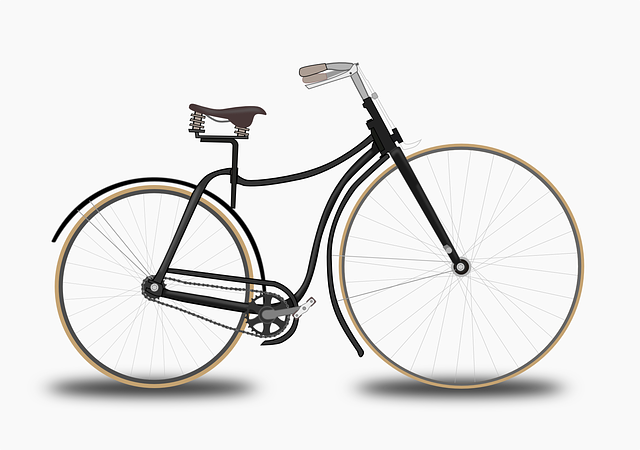

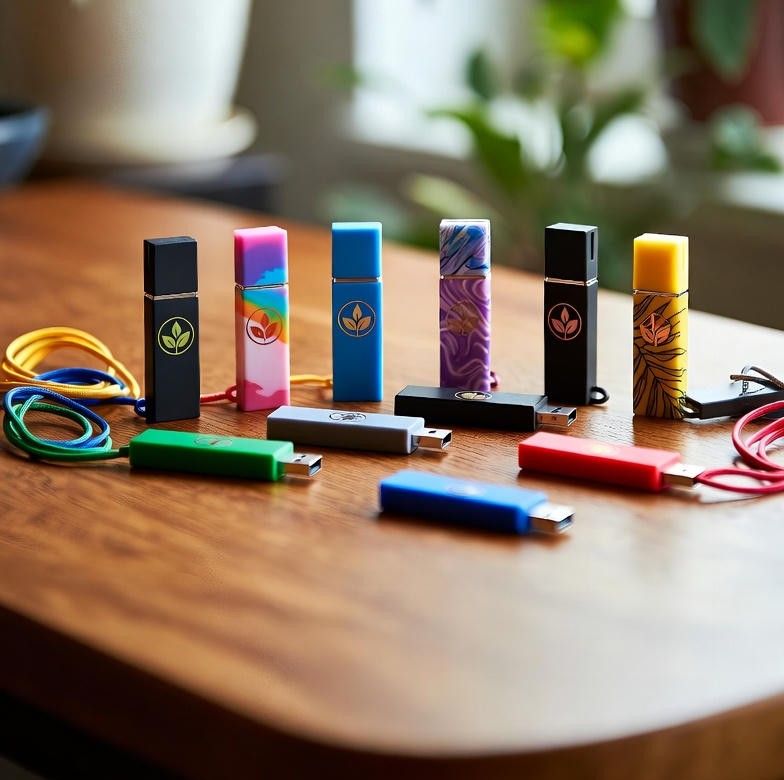
 The way we clean our homes is changing. More people are asking not just for spotless kitchens and fresh-smelling living rooms, but also for cleaning services that protect the planet.
The way we clean our homes is changing. More people are asking not just for spotless kitchens and fresh-smelling living rooms, but also for cleaning services that protect the planet. 
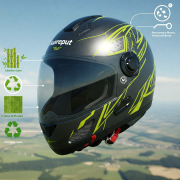 Other sustainable means that producers are looking after are the use of bio-based polymers and recycled plastics. Using these materials reduces the carbon footprint during helmet production. It also decreases the dependency on virgin resources.
Other sustainable means that producers are looking after are the use of bio-based polymers and recycled plastics. Using these materials reduces the carbon footprint during helmet production. It also decreases the dependency on virgin resources.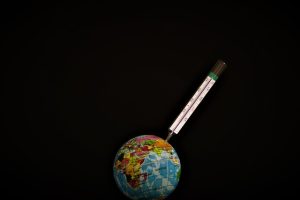 Extreme record-breaking heat has been affecting Asian regions since April up to the present; exacerbating the living conditions of vulnerable people. The heat has been unbearable for those forced to live in refugee camps and in informal settlements; particularly those living in makeshift settlements that do not provide protection to residents in extreme weather conditions.
Extreme record-breaking heat has been affecting Asian regions since April up to the present; exacerbating the living conditions of vulnerable people. The heat has been unbearable for those forced to live in refugee camps and in informal settlements; particularly those living in makeshift settlements that do not provide protection to residents in extreme weather conditions.



 It’s a known fact that fossil fuel use has caused severe damages to the
It’s a known fact that fossil fuel use has caused severe damages to the  The continued use of fossil fuel has caused serious damages to the planet that humanity is already racing against time when the damages caused are no longer reversible. The JSO activists have recently been taking desperate steps in demanding the immediate halt on all future approval of licenses to conduct further exploration and production of fossil fuels in the United Kingdom.
The continued use of fossil fuel has caused serious damages to the planet that humanity is already racing against time when the damages caused are no longer reversible. The JSO activists have recently been taking desperate steps in demanding the immediate halt on all future approval of licenses to conduct further exploration and production of fossil fuels in the United Kingdom.
 A common misconception is that being environmentally friendly and financially secure are mutually exclusive. However, the truth is that there are numerous ways to achieve financial freedom while also
A common misconception is that being environmentally friendly and financially secure are mutually exclusive. However, the truth is that there are numerous ways to achieve financial freedom while also 
 Towing trucks are a necessity for every driver. They are primarily used to tow other vehicles that have broken down or been involved in an accident. The tow truck like those that towing Milpitas is equipped with a front-end winch, which is used to pull the vehicle on the back of the truck and secure it with a chain.
Towing trucks are a necessity for every driver. They are primarily used to tow other vehicles that have broken down or been involved in an accident. The tow truck like those that towing Milpitas is equipped with a front-end winch, which is used to pull the vehicle on the back of the truck and secure it with a chain.



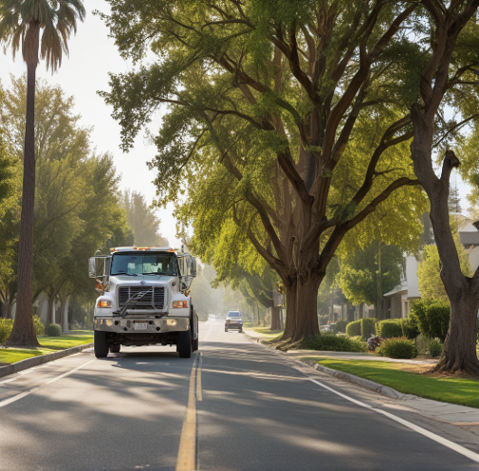





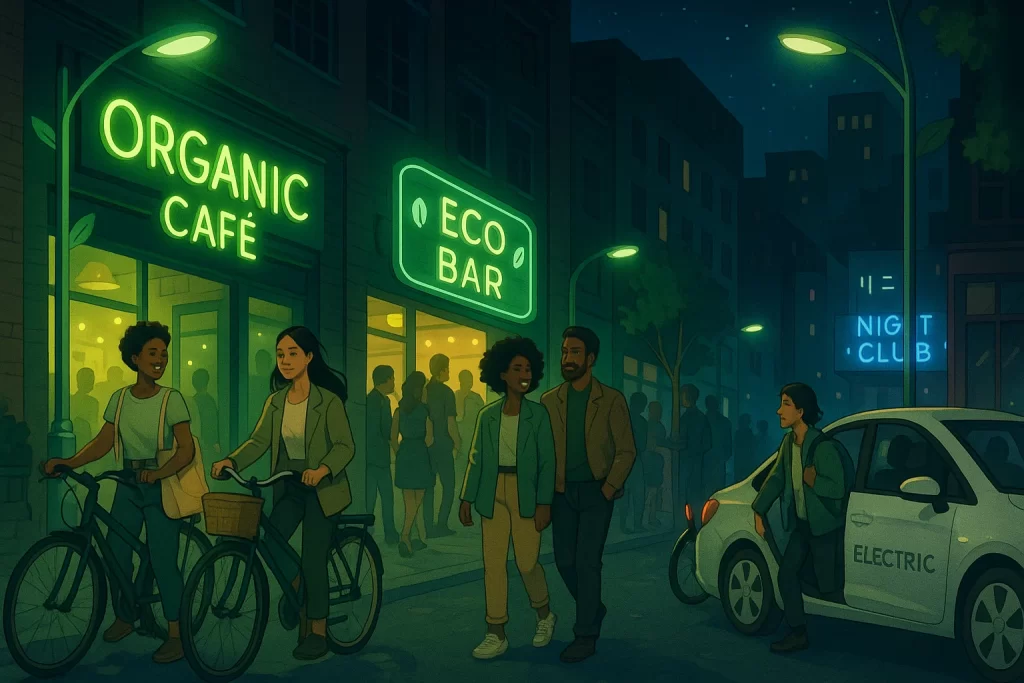
 Windows play a big role in energy efficiency and environmental impact. Many older windows let heat escape in the winter and allow too much warmth inside during the summer. This makes heating and cooling systems work harder, leading to higher energy use. Replacing old windows with window replacement austin tx can lower energy consumption, reduce carbon emissions, and create a more comfortable home.
Windows play a big role in energy efficiency and environmental impact. Many older windows let heat escape in the winter and allow too much warmth inside during the summer. This makes heating and cooling systems work harder, leading to higher energy use. Replacing old windows with window replacement austin tx can lower energy consumption, reduce carbon emissions, and create a more comfortable home.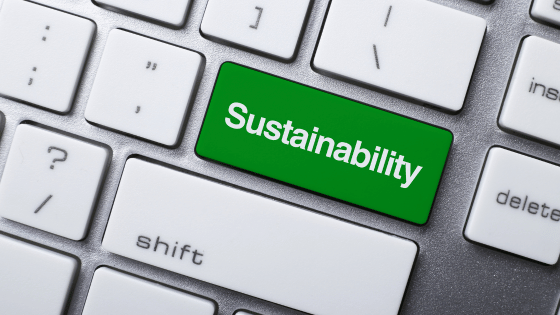

 Encouragement of sustainable practices inside the sector depends much on roofing contractors. Contractors may contribute to lower the environmental effect of roofing projects by using environmentally friendly methods and giving sustainable materials top priority. Leading the way in providing ecologically conscious roofing solutions are businesses like noreastexteriors.com.
Encouragement of sustainable practices inside the sector depends much on roofing contractors. Contractors may contribute to lower the environmental effect of roofing projects by using environmentally friendly methods and giving sustainable materials top priority. Leading the way in providing ecologically conscious roofing solutions are businesses like noreastexteriors.com.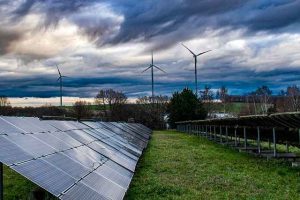 Local movers Alpharetta GA homeowners regularly hire to render junk removal services, play an important role in maintaining the city’s environment-friendly condition. The moving company Deluxe Moving Solutions (DMS) for one, is known for deploying only experts who have full
Local movers Alpharetta GA homeowners regularly hire to render junk removal services, play an important role in maintaining the city’s environment-friendly condition. The moving company Deluxe Moving Solutions (DMS) for one, is known for deploying only experts who have full  Old and heavy appliances like stoves, refrigerators, washing machines, and pieces of furniture like tables, chairs, couches,etc. Care will be given when transporting appliances and furniture pieces so they can arrive at non-profit charitable organizations or non-profit recycling centers, without further damage.
Old and heavy appliances like stoves, refrigerators, washing machines, and pieces of furniture like tables, chairs, couches,etc. Care will be given when transporting appliances and furniture pieces so they can arrive at non-profit charitable organizations or non-profit recycling centers, without further damage. In a world increasingly focused on sustainability, the automotive industry is undergoing a remarkable transformation, and every driver has the power to contribute to a greener future. A significant yet often overlooked aspect of this shift is the importance of upgrading your vehicle’s rims. Enter TRD rims: a stylish, eco-friendly upgrade that promises to enhance both your ride’s performance and your commitment to clean, sustainable driving. By choosing these innovative rims, you’re not just enhancing your vehicle’s aesthetic appeal; you’re also taking a conscious step towards reducing your carbon footprint on the road.
In a world increasingly focused on sustainability, the automotive industry is undergoing a remarkable transformation, and every driver has the power to contribute to a greener future. A significant yet often overlooked aspect of this shift is the importance of upgrading your vehicle’s rims. Enter TRD rims: a stylish, eco-friendly upgrade that promises to enhance both your ride’s performance and your commitment to clean, sustainable driving. By choosing these innovative rims, you’re not just enhancing your vehicle’s aesthetic appeal; you’re also taking a conscious step towards reducing your carbon footprint on the road. Many manufacturers of eco-friendly TRD rims have adopted sustainable practices in their production processes. This includes sourcing
Many manufacturers of eco-friendly TRD rims have adopted sustainable practices in their production processes. This includes sourcing 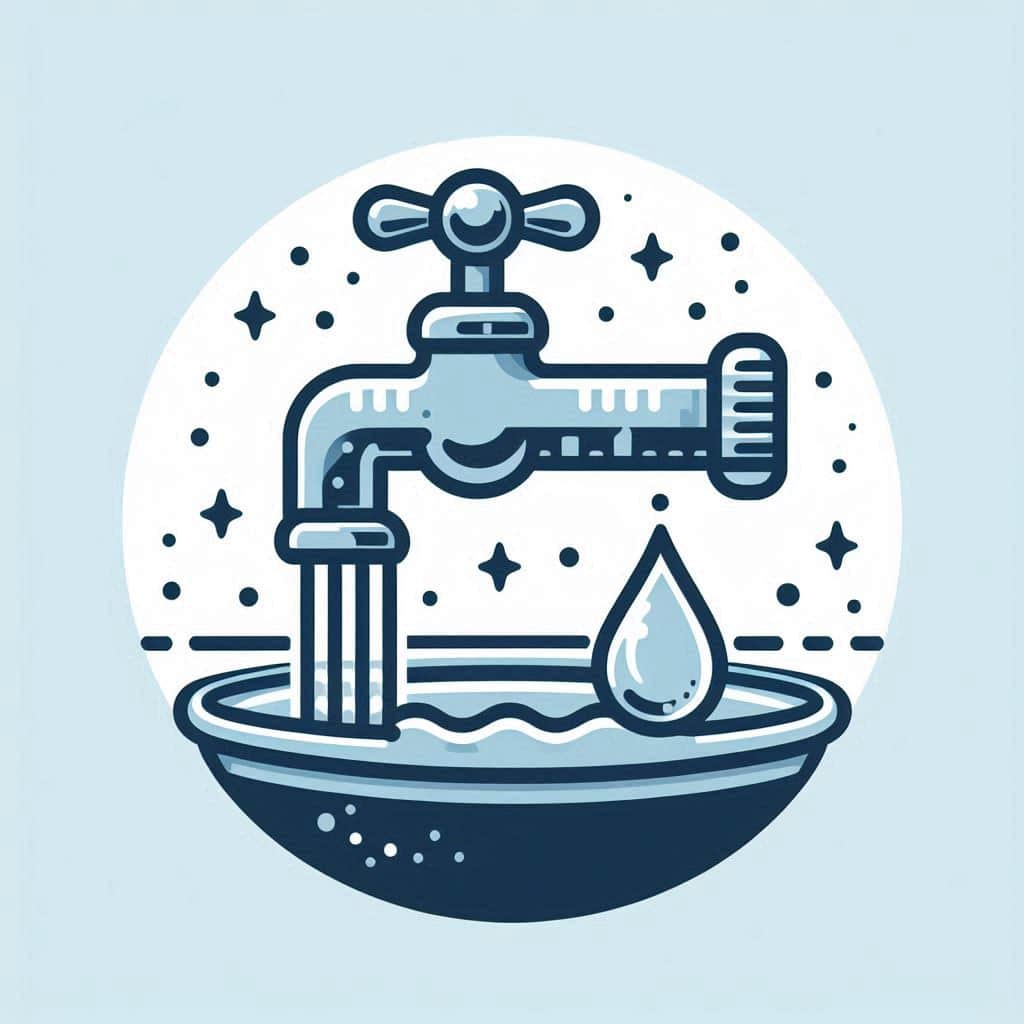
 RV travel is a fun and
RV travel is a fun and 

